Back
Aditi
Will become a inspir... • 8m
“Less Is More: How the Paradox of Choice Drives Smarter Business Decisions” The Paradox of Choice is a psychological principle where offering too many options can overwhelm customers, leading to decision paralysis or dissatisfaction. While variety seems appealing, excessive choices often reduce sales and increase buyer regret. Businesses apply this by simplifying product lines, curating bestsellers, or highlighting “recommended” picks to ease decision-making. For instance, streaming platforms feature “Top Picks for You,” and restaurants limit menu sections to avoid overload. Subscription plans often present 3 clear tiers to guide decisions. By reducing mental load and making choices easier, businesses improve customer satisfaction and boost conversions.
Replies (2)
More like this
Recommendations from Medial
Only Buziness
Everything about Mar... • 4m
The Paradox of Choice in marketing reveals that offering too many options can overwhelm consumers, leading to decision fatigue and regret. While brands think variety boosts sales, too many choices often paralyze buyers, making them avoid purchasing a
See MoreSuman solopreneur
Exploring peace of m... • 1y
Thorndike’s experiment with cats showed how the environment shapes behavior. Cats learned to pull a lever to escape, reinforcing that the most obvious and rewarding option drives choice. In choice architecture, this applies as: 1. Environment influ
See MoreOnly Buziness
Everything about Mar... • 8m
“Set and Selected: How the Default Effect Quietly Influences Customer Choices” The Default Effect is a psychological bias where people are more likely to go with pre-selected or automatic choices, simply because it requires less effort. Businesses u
See MoreSuman solopreneur
Exploring peace of m... • 1y
Behavioral Finance examines how emotions and biases affect financial decisions, leading to irrational behavior. Unlike traditional finance, it acknowledges that people often make decisions influenced by psychology. Key points include: 1. Loss Avers
See MoreAryan Sorathiya
Hey I am on Medial • 1y
Do you know, We often follow the majority in our thoughts and actions, a behavior known as "social conformity." This happens because we don't want to feel left out or judged. But going along with the crowd isn't always the right choice. Groupthink ca
See MoreSankalp
Writing here is my e... • 1y
The products you purchase today are often not the result of conscious decision-making but rather the outcome of subliminal marketing. Through repeated exposure to certain brands and products, the media subtly infiltrates your subconscious,shaping y
See More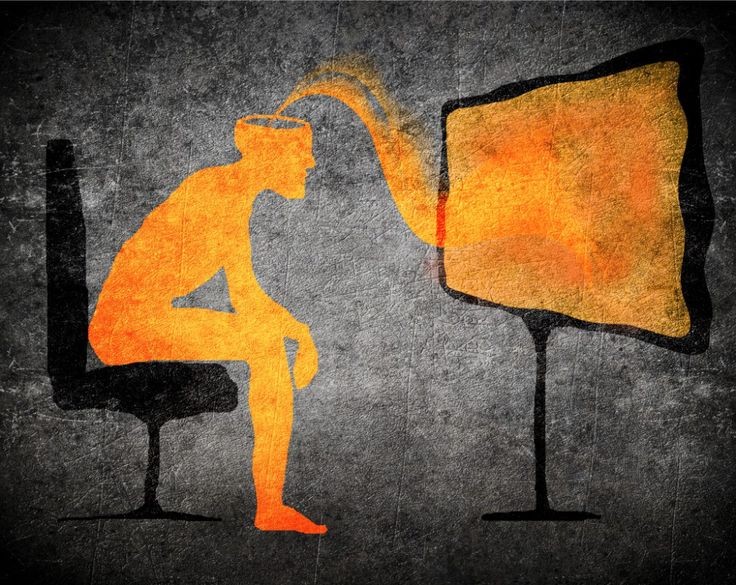
Download the medial app to read full posts, comements and news.




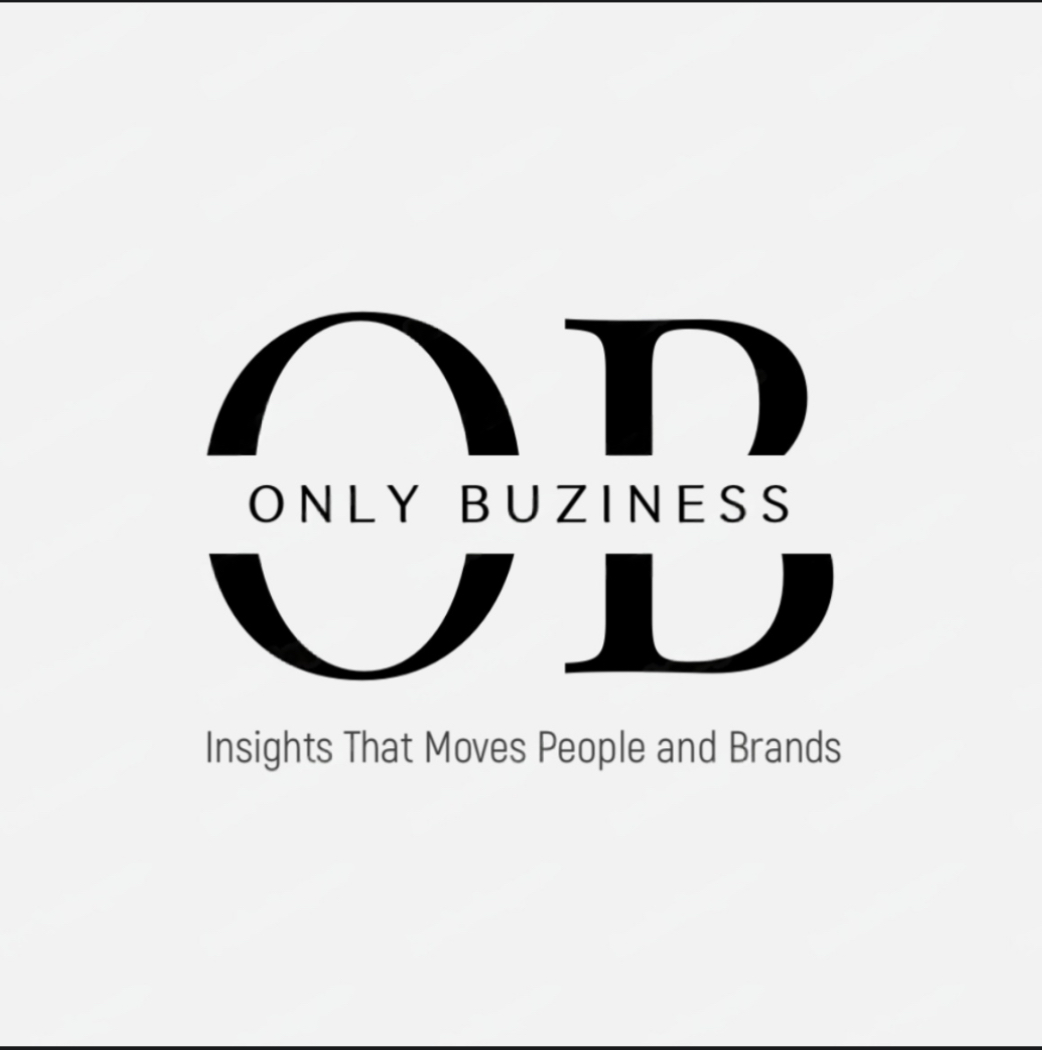

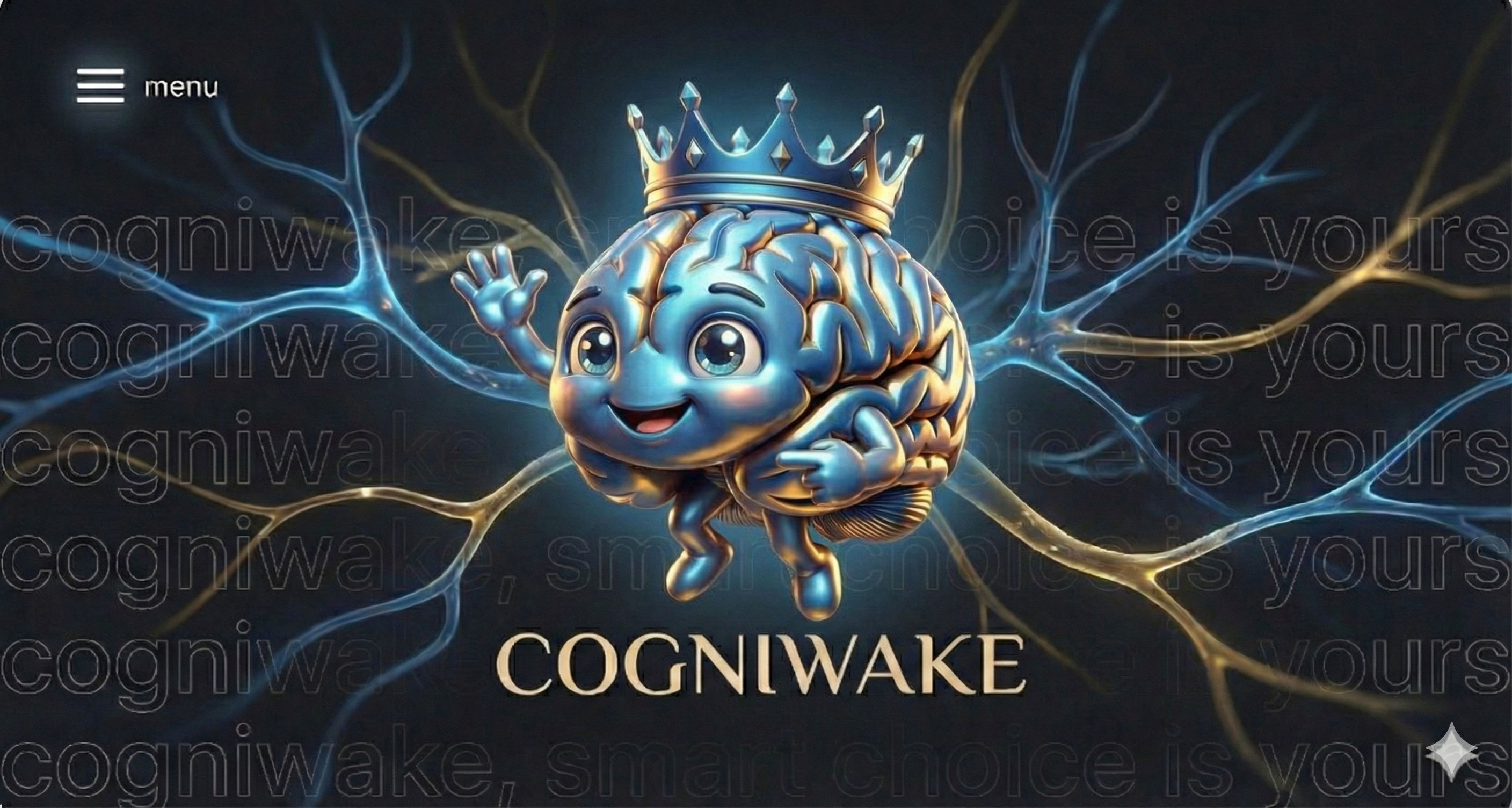




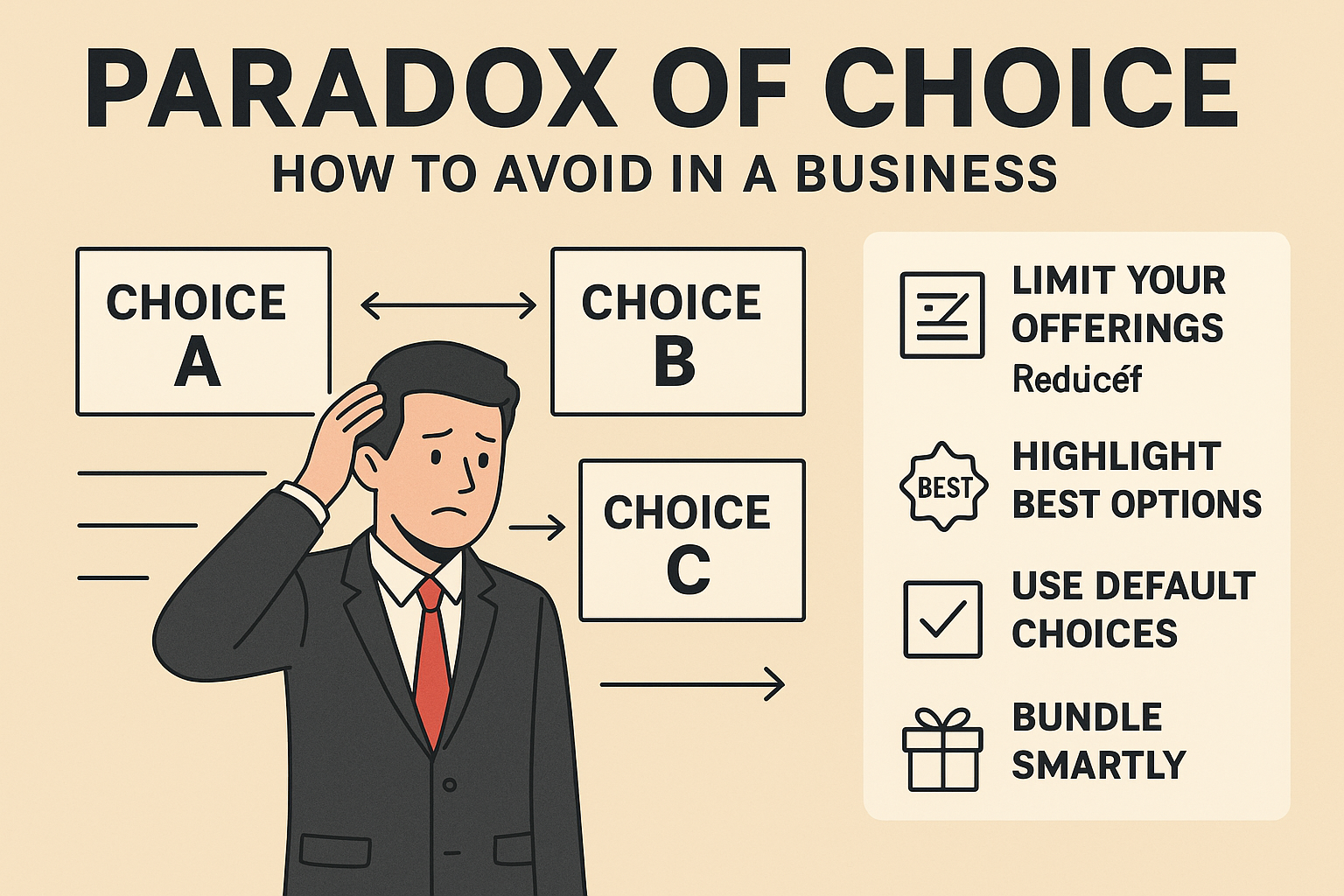
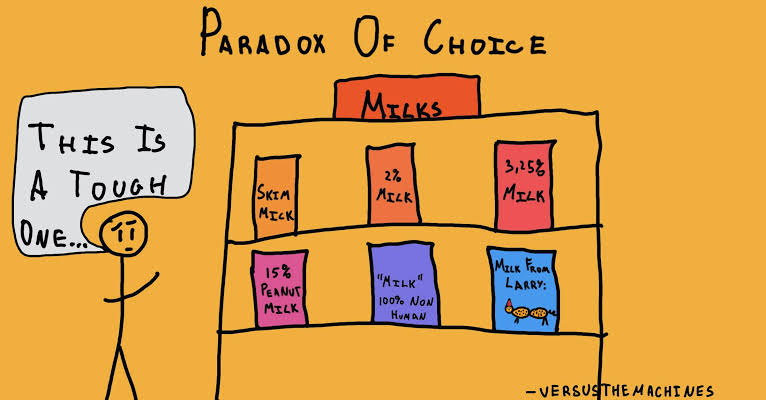
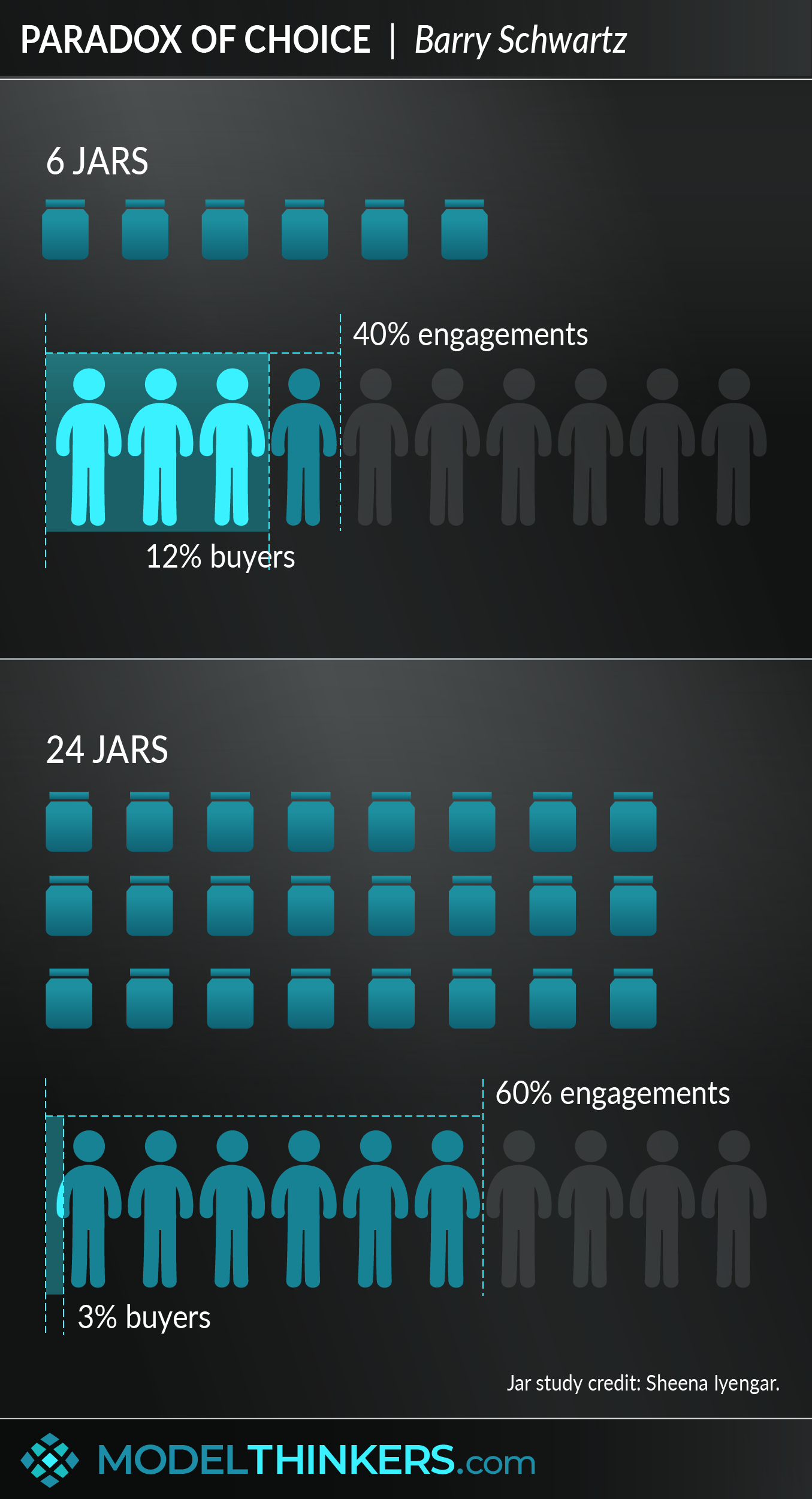





/entrackr/media/post_attachments/wp-content/uploads/2021/08/Accel-1.jpg)


















